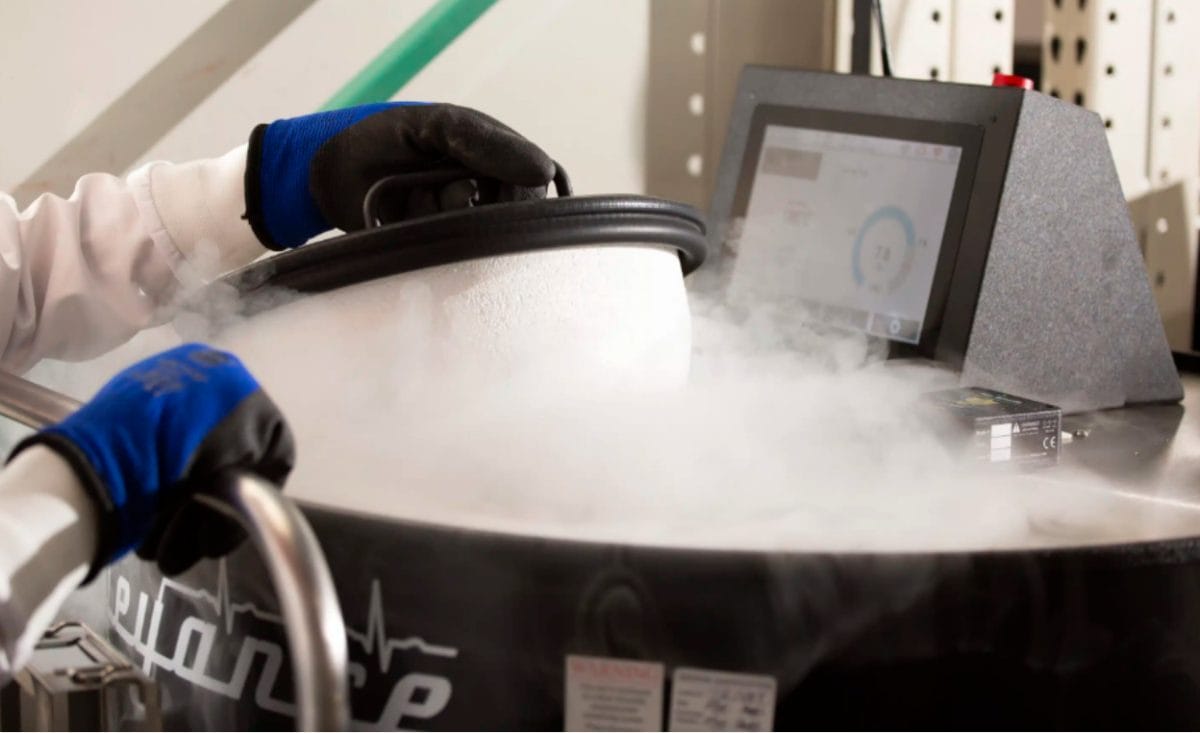In the dynamic world of scientific research, lab equipment is the cornerstone. But what happens when the equipment needs service, calibration, or replacement? Enter the realm of lab equipment services, an essential yet often overlooked component of the research ecosystem. Let’s delve deep into the intricate maze of these services and unearth their true value.
1. Why Lab Equipment Services Matter
The precision of scientific experiments hinges upon the accuracy and reliability of the lab equipment. Regular servicing not only ensures accurate results but also extends equipment longevity.
2. The Spectrum of Services Offered
- Calibration: This adjusts equipment to ensure accuracy in measurements.
- Validation: Ensures that equipment produces consistent and reliable results.
- Repair and Replacement: Restores faulty equipment to its optimal functioning state.
- Routine Maintenance: Preventative actions that uphold the equipment’s operational status.
3. Key Statistics in Lab Equipment Maintenance
- Global lab equipment services market is expected to reach $11.3 billion by 2025.
- Preventative maintenance can reduce equipment downtime by up to 60%.
- Calibration services form the largest market segment, accounting for 32% of total service requests.
4. Misconceptions About Lab Equipment Services
- “Any technician can service lab equipment.” In reality, specialized training is often required.
- “Routine maintenance isn’t necessary.” Regular check-ups can prevent costly future repairs.
- “All service providers offer the same quality.” Service quality varies, and choosing a reputable provider is crucial.
5. Steps to Optimize Your Lab’s Equipment Maintenance
- Develop a Maintenance Schedule: Regular checks prevent unexpected breakdowns.
- Train Lab Personnel: Ensure they can identify when equipment needs servicing.
- Choose Reputable Service Providers: Research reviews and seek recommendations.
- Maintain a Service Log: Keep track of all servicing activities for each equipment piece.
6. The Road Ahead: Emerging Trends
- Remote Diagnostics: Advanced equipment can now be diagnosed and sometimes fixed remotely.
- AI-Powered Predictive Maintenance: Machine learning algorithms predict when equipment is likely to fail.
- Eco-friendly Servicing: A focus on reducing waste and using sustainable replacement parts
